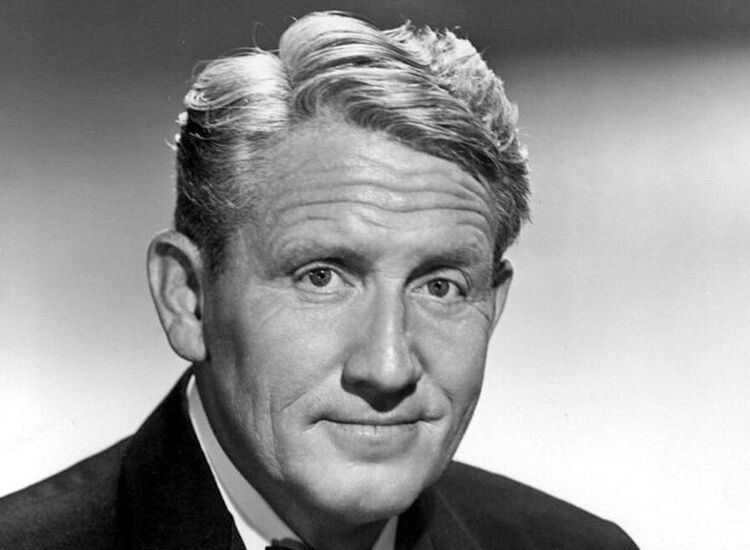By Daniel Neely
In his liner notes to “Farewell to Music,” Tony MacMahon’s most recent and likely final album, Caoimhin Ó Raghallaigh suggests that “all notes of music are not born equal,” and while there are those that “wash over” or merely please you, others, like those of this album, have the power of “crippl[ing] you with their beauty.” It’s a profound statement, but one that makes sense, having listened to this utterly deep album, knowing a bit about where MacMahon’s head and heart are these days.
MacMahon is one of the great players in Irish music and one of its pivotal button accordion players. His background is the stuff of legend: born in 1939, he spent his formative years around the likes of Joe Cooley, Willie Clancy and Bobby Casey, later it was Sonny Brogan and John Kelly, and then Seamus Ennis, who, MacMahon has said, taught him the fundamentals of playing slow airs.
All this has led to a rare career in music. A founding member of Seachtair (which went on to become the Bothy Band), MacMahon’s albums “Traditional Irish Accordion” (1972) and “I gCnoc Na Grai” (1985, with Noel Hill) are legendary. His role as an RTÉ Radio and TV presenter and producer on programs such as “The Long Note,” “The Pure Drop” and “Come West Along the Road,” allowed him to uncover rare musical brilliance and tell important stories about the music. Over the decades, MacMahon’s been there right in the thick of things, a remarkable voice leading remarkable life.
Unfortunately, MacMahon’s deteriorating health has been a concern for several years. He’d been suffering from tremors that affected his playing and in 2014 he announced that he’d been diagnosed with Parkinson’s. It is not clear (to me, at least) how much music he’s able to make today, but MacMahon himself reported in a 2015 RTÉ interview with Joe Duffy that cannabis helped alleviate his tremors, allowing him to play somewhat. What this means in 2017 remains unclear, but the severity of MacMahon’s condition early on put him in a kind of existential limbo, one that led him to commit himself to ending his life via medically assisted suicide.
Knowing this, it’s hard to escape the finality of this album’s title or its contents. Recorded in 2009, it is an album comprised solely of airs made before MacMahon’s Parkinson’s symptoms consumed his playing. It starts with a bracing take on “O’Carolan’s Farewell to Music,” which sets a somber, sober tone that remains throughout its 15 tracks. But as you dig into the album, especially with some understanding of the airs, their various versions, and perhaps even the reasons for their selection, it’s hard to deny the majesty of MacMahon’s playing or Ennis’s guiding voice. You might hear Elizabeth Cronin’s voice in the phrasing of “Táim Cortha Ó Bheith Im Aonar Im' Luí,” or Liam Weldon’s in the expressive splendor of “James Connolly.” Does the version of “Pilib Séimh Ó Fathaigh” speak to Ennis’s influence, or that of Labhrás Ó Cadhla, who also learned this air from Ennis? Comparing this version of “An Buachaillín Bán,” the album’s final track, to the one he recorded in 1972 is a poignant reminder of how music changes, but also stays the same. The little touches and nuances in the delivery of this track – of all the tracks – speak volumes about how MacMahon hears music, how it was passed to him, and what he thinks is right in terms of its performance. This is a tour de force album.
Put it like this: “Farewell to Music” is like a superior bottle of whiskey. Complex, aged, and full of nuance, it’d be misguided and perhaps even crippling to drink it down too quickly. And while its depth hits you right away, given a bit of time it unfolds in a way that reveals its complexity in ways that aren’t apparent at first blush. This is an album that musicians will forever now turn to in order to better understand what air playing is. An instant classic. “Farewell to Music” is available through Raelach Records, raelachrecords.com.
Daniel Neely writes about traditional music each week in the Irish Echo.









